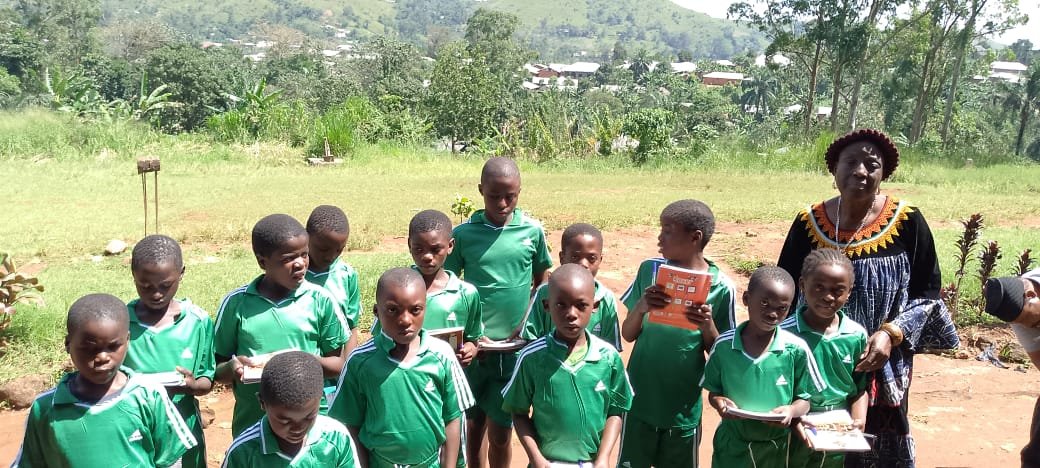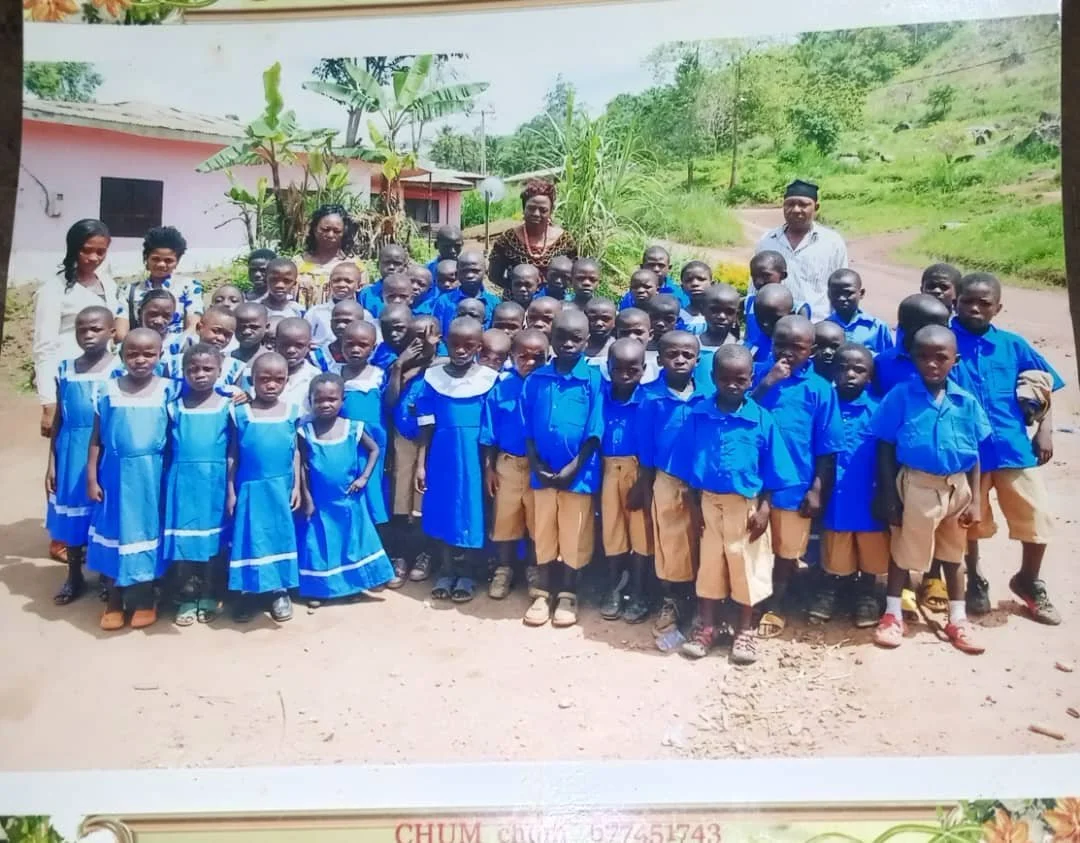
Insights.
Ethical Storytelling and Consent: Communicating Children’s Stories with Dignity
Stories inspire support—but they must protect the very children we serve. FADOA’s communications practice blends policy and pragmatism so that donors and the public stay informed without compromising privacy, consent, or dignity.
Peer Mentorship and Youth Leadership: Reducing Dropout and Risk
When older students lead, younger pupils stay. In our programs, peer mentorship and youth leadership create the kind of everyday protection that keeps orphans and vulnerable children (OVC) in school and confident. This is not an add‑on; it is a practical way communities reduce risk and build resilience.
Nutrition, Attendance, and Wellbeing: Community Feeding Models that Work
A child who is hungry in the morning struggles by noon. Nutrition is not a side issue—it is foundational to school attendance, learning, and protection. In FADOA’s communities, simple, locally sourced feeding models complement uniforms and fees so that children sit, learn, and stay in class.
Faith Networks and Family Care: How Churches Extend Social Protection in Kenya
In rural Kenya, social protection is not an abstract policy—it is a neighbor who notices when a child stops appearing at morning roll call. For orphans and vulnerable children (OVC), local churches and extended families remain the first and most reliable line of support. Friends of AIDS Orphans in Africa (FADOA) works through these networks because they are close, consistent, and trusted.
East Cameroon Data Snapshot: Access, Attendance, and Results
This brief summarizes access challenges and early results from FADOA‑supported villages in Cameroon’s East Region. It is written for institutional donors and policy partners and follows an evidence‑first, methods‑light format consistent with UNECA/UNAIDS style.
Mid‑Year Results: Uniforms Distributed, Children Retained, Caregivers Trained
This mid‑year note summarizes delivery and outcomes across FADOA programs in Cameroon and Kenya. It follows a concise, results‑oriented format aligned with UNECA/UNAIDS styles.
The Women Who Hold the Line: Foster Caregivers Rebuilding Protection
Statistics do not capture what conflict does to a child’s school day: the lost term; the uniform too small after a year at home; the way confidence drains when lessons stop. In Cameroon’s North‑West, families facing insecurity and poverty navigate all of this while holding together care for children who have lost parents to HIV/AIDS. Friends of AIDS Orphans in Africa (FADOA) works with parish networks, women’s associations, and teachers to keep schooling continuous where it is most fragile.
Small Gifts, Big Results: How $25–$75 Keeps Children in School
For many of us, “impact” sounds like a spreadsheet. In our villages in Cameroon and Kenya, it is a uniform that fits, a receipt for exam fees paid on time, a caregiver who exhales because the term’s costs are covered. Friends of AIDS Orphans in Africa (FADOA) was built for this scale—turning small gifts into predictable support that keeps orphans and vulnerable children (OVC) in class and on track.
A New Generation of Leadership: The Next FADOA Volunteers
Statistics do not capture what conflict does to a child’s school day: the lost term; the uniform too small after a year at home; the way confidence drains when lessons stop. In Cameroon’s North‑West, families facing insecurity and poverty navigate all of this while holding together care for children who have lost parents to HIV/AIDS. Friends of AIDS Orphans in Africa (FADOA) works with parish networks, women’s associations, and teachers to keep schooling continuous where it is most fragile.
Kenya Field Notes: Community Networks That Keep Children in School
In Nyeri County’s rural communities—including Ngorano and surrounding locations—schooling depends on a quiet web of people who notice when a child disappears from class and act before absence hardens into dropout. Grandmothers, aunts, teachers, and parish leaders hold this web together. Friends of AIDS Orphans in Africa (FADOA) strengthens that local fabric with modest, predictable support that removes the small costs which block orphans and vulnerable children from learning.
Girls’ Education as HIV Prevention
Statistics do not capture what conflict does to a child’s school day: the lost term; the uniform too small after a year at home; the way confidence drains when lessons stop. In Cameroon’s North‑West, families facing insecurity and poverty navigate all of this while holding together care for children who have lost parents to HIV/AIDS. Friends of AIDS Orphans in Africa (FADOA) works with parish networks, women’s associations, and teachers to keep schooling continuous where it is most fragile.
Beyond the Numbers: Life in Cameroon’s North‑West Region
Statistics do not capture what conflict does to a child’s school day: the lost term; the uniform too small after a year at home; the way confidence drains when lessons stop. In Cameroon’s North‑West, families facing insecurity and poverty navigate all of this while holding together care for children who have lost parents to HIV/AIDS. Friends of AIDS Orphans in Africa (FADOA) works with parish networks, women’s associations, and teachers to keep schooling continuous where it is most fragile.
Transparency in Action – Tracking Every Dollar, Every Outcome
Accountability is not a slogan; it is a practice. For a lean organization working across two countries, FADOA’s credibility depends on how precisely we convert contributions into outcomes that matter: children in school, caregivers supported, and communities safer for orphans and vulnerable children. Our 2025–2027 plan embeds transparency at every stage, from pledge to field verification.
Empowering Caregivers, Strengthening Families in Kenya
In the rolling farmlands of Nyeri County, Kenya, caregiving is often a story of quiet endurance. Many grandmothers are raising a new generation of children orphaned by HIV/AIDS, sometimes caring for five or more under one roof. FADOA’s caregiver empowerment program recognizes that the wellbeing of orphaned children begins with the strength of their households.
Cameroon: Keeping Children in School, One Uniform at a Time
In Cameroon’s North-West region, classrooms once filled with laughter have fallen silent as conflict and poverty keep children away. For many orphans, losing a parent to AIDS also means losing access to school. FADOA believes that education is the first step toward healing — and each uniform provided is a symbol of dignity and hope.
FADOA 2024 Vision: From Local Roots to Measurable Change
The year 2024 marks a turning point for the Friends of AIDS Orphans in Africa (FADOA). As the organization enters a new decade of service, its mission remains as urgent as ever — to restore hope and opportunity to children orphaned by HIV/AIDS in sub-Saharan Africa.













